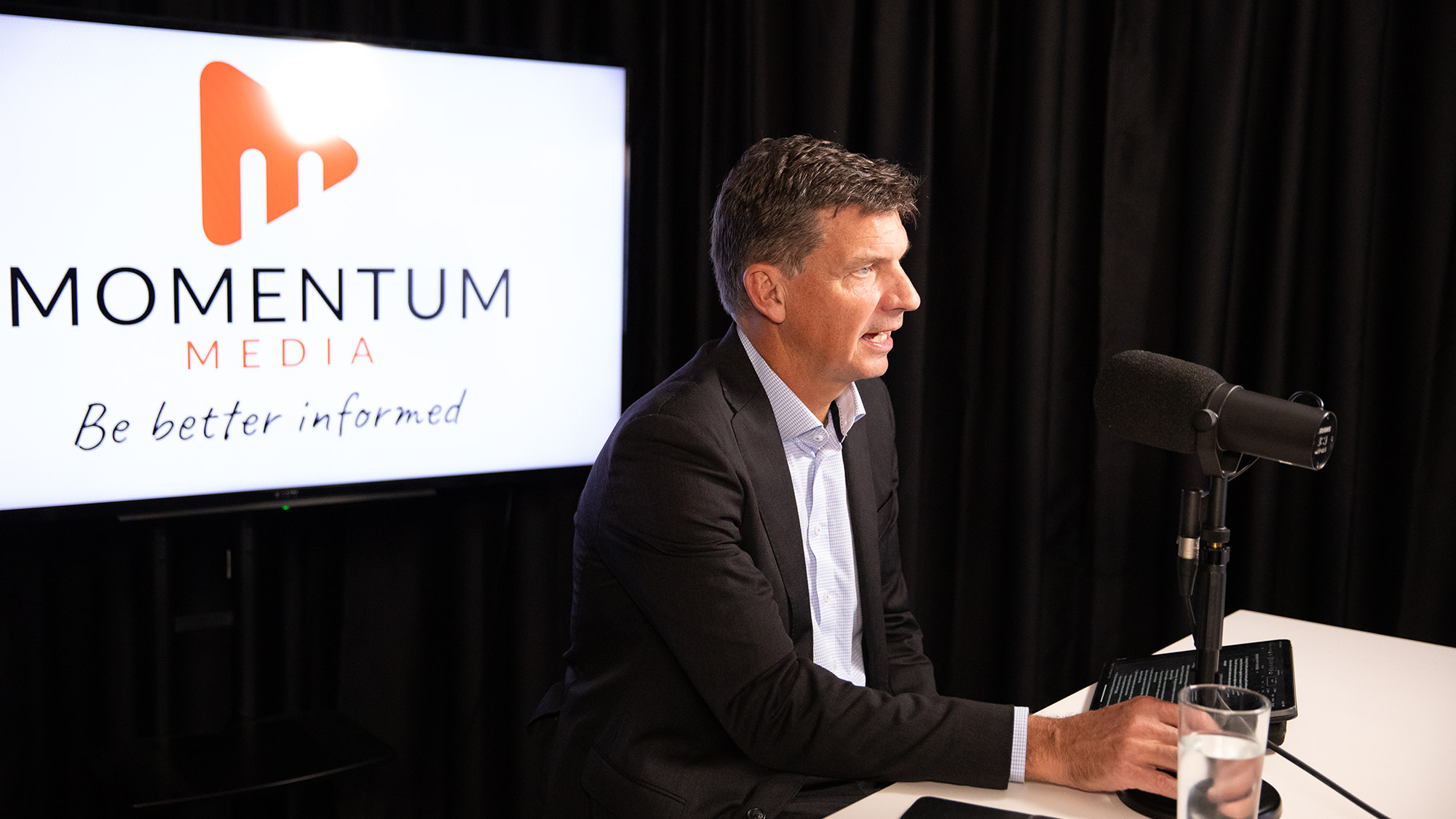Disclosure docs don’t help people choose better insurance


Government-mandated disclosure doesn’t help people make better purchasing decisions when it comes to insurance, according to a world first experimental study.
Entitled “(In)effective Disclosure: An experimental study of consumers purchasing home contents insurance,” the study, conducted by Monash University Professors Justin Malbon and Harmen Oppewal, examined the effectiveness of home contents product disclosure statements (PDSs) and key fact sheets (KFSs) in assisting consumers to select the best policy that suits their needs.
The study found that: up to 42 per cent of participants chose the worst offer, despite being given the time and opportunity to review the disclosure information.
And when able to choose from three policies, 35 per cent chose the worse policy and only 46 per cent found and selected the best policy.
The study also showed there was no simple and consistent effect of disclosure. In other words, while participants were more likely to forego purchasing an insurance policy when they had only access to the PDS the results did not find a clear pattern of understanding where people were provided more or less disclosure information.
It also showed that purchasing decisions were not affected by the way in which the consumer viewed the disclosure, that is, either via a computer or smart phone.
Professor Oppewal said that the question needs to be asked whether disclosure is an effective tool at all for aiding consumers in choosing an insurance policy.
“Mandated disclosure may serve other purposes … but the findings indicate that even in ideal circumstances, disclosure does not ensure that consumers make better decisions, nor does it help their chances of obtaining suitable insurance cover,” he said.
Professor Malbon said while there is clearly considerable room for improvement in mandated insurance disclosure documents, when people keep making the wrong decision even in the most ideal of circumstances, “you have to wonder if there is a better way”.
“We should consider requiring insurers to offer a standard set of gold, silver and bronze cover across the industry. That way the market can compete on price, and not confound consumers about what is covered and not covered when they make claims under their policy,” Malbon said.
Recommended for you
Policy and advocacy specialist Benjamin Marshan has left the Council of Australian Life Insurers after less than a year, having joined in March from the Financial Planning Association of Australia.
The declining volume of risk advisers meant KPMG has found a rising lapse rate for insurance policies arranged by independent financial advisers, particularly in the TPD and death cover space.
The Life Insurance Code of Practice has transferred from the Financial Services Council to the Council of Australian Life Insurers.
The firm has announced it will no longer be writing new life insurance policies in the retail advised and corporate group insurance channels, citing a declining market and risk adviser numbers.














